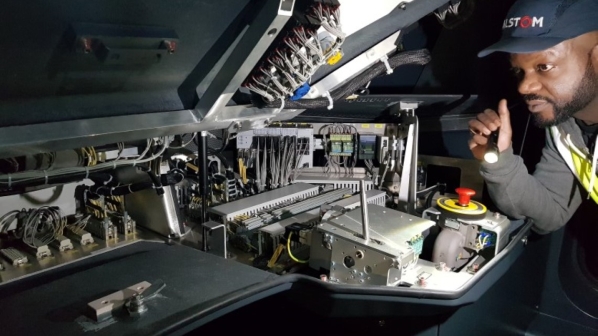Unife points out that European rail manufacturer’s accessibility rate to the Chinese market has fallen from 63% to 18% in less than eight years at a time when Chinese manufacturers of all product segments have become increasingly competitive in international markets, including Europe.
Unife praises the European Commission’s proposed EU-China - A Strategic Outlook communication, published in March, and the EC’s adoption of its guidance for the participation of third country bidders and goods in the EU procurement market in July as important steps in this direction. In this guidance, the EC reiterates that Chinese companies do not have secured access to procurement procedures in the EU and may be excluded from tenders because of a lack of a binding agreement in place between the EU and China which guarantees reciprocal market opening.
“It is of utmost importance for the Commission and the member states to make sure that contracting authorities are aware of and apply these rules,” Unife says.
Key steps
Unife also calls on the EC to take the following steps:
- publish before the end of the year a report identifying how to fill existing gaps in EU law to fully address the distortive effects of overseas ownership and state financing in the internal market, and
- obtain before the end of the year a revised market access offer from China including manufacturing and addressing the barriers to market access faced by the European rail supply industry, in view of reaching an agreement by 2020.
In addition, Unife is calling on the European Parliament and the Council to pursue and finalise discussions on the International Procurement Instrument, which it considers instrumental to create a level playing field and open new market opportunities for European suppliers in China and around the world.
Unife says that for the sake of 400,000 people employed by European rail industry suppliers, it is critical for the EU to rise to the challenge and ensure conditions for open and fair trade relations between the EU and China in the rail sector.

